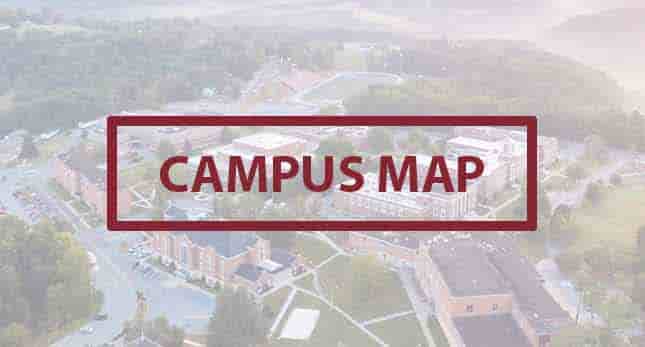Health Sciences Scholarship Program
The health Sciences Scholarship Program (HSSP), established by the West Virginia Legislature in 1995, provides a recruitment incentive award for students in the state’s higher education system to complete their training and provide primary care in underserved areas of West Virginia, or teach in an undergraduate nursing program in the state.
Awards
The Health Sciences Scholarship Program makes approximately 15 awards each academic year to students in the state’s higher education system: $20,000 for medical students and $10,000 for other health disciplines.
Eligibility
Students enrolled in a higher education program in West Virginia in the following fields are eligible: Clinical Psychologists, Clinical Social Workers, Nurse Educators, Nurse Midwives, Nurse Practitioners, Physicians, Physician Assistants, and Physical Therapists.
- Fourth-year medical students at a school of allopathic or osteopathic medicine who are entering primary care internships or residency program in West Virginia, including family medicine, general pediatrics, general internal medicine, internal medicine/pediatrics, obstetrics and gynecology, and general psychiatry;
- Students who are in the final year of a primary care graduate program for nurse midwives, nurse practitioners, physician assistants or master’s degree nursing program leading to a career in nursing education;
- Students who are in the final year of a graduate program in physical therapy; and
- Students who are in the final year of a graduate program in social work or a doctoral program in clinical psychology. Social work students must be training to become Licensed Independent Clinical Social Workers. Doctoral clinical psychology students must match with an internship in West Virginia.
Selection Criteria
Awards are made by the Vice Chancellor for Health Sciences, based on a competitive process and recommendations of an advisory panel. Applicants must demonstrate an interest in and commitment to primary care in West Virginia. Other selection factors include: background or family ties in rural West Virginia; work or living experience in a rural area; and experiences as a health professional or health professions student in rural West Virginia. Awards will be made from a pool of all applicants, and preference will be given to West Virginia residents.
The West Virginia Higher Education Policy Commission does not discriminate on the basis of race, religion, national origin, gender, age disability, or veteran status in the provision of educational or employment opportunities.
Service Obligation
Students who receive an award must sign a contract at the time of accepting the award agreeing to practice care for a minimum of two years in an underserved area of the state upon completion of training. Nurse educators must teach in an approved undergraduate nursing program in the state for at least two years.
Students are responsible for locating a practice site in a designated underserved area or a nursing faculty position after they have completed their training. the penalty for not fulfilling the service obligation is repayment of the award with interest. A listing of areas and facilities that qualify for the service obligation is included in the application packet.
Federal law currently prohibits concurrent service of Health Sciences Scholarship service obligation with some federal programs’ service obligations, such as the National Health Service Corps’ loan repayment program.


